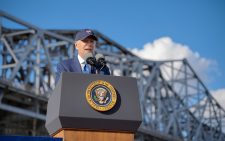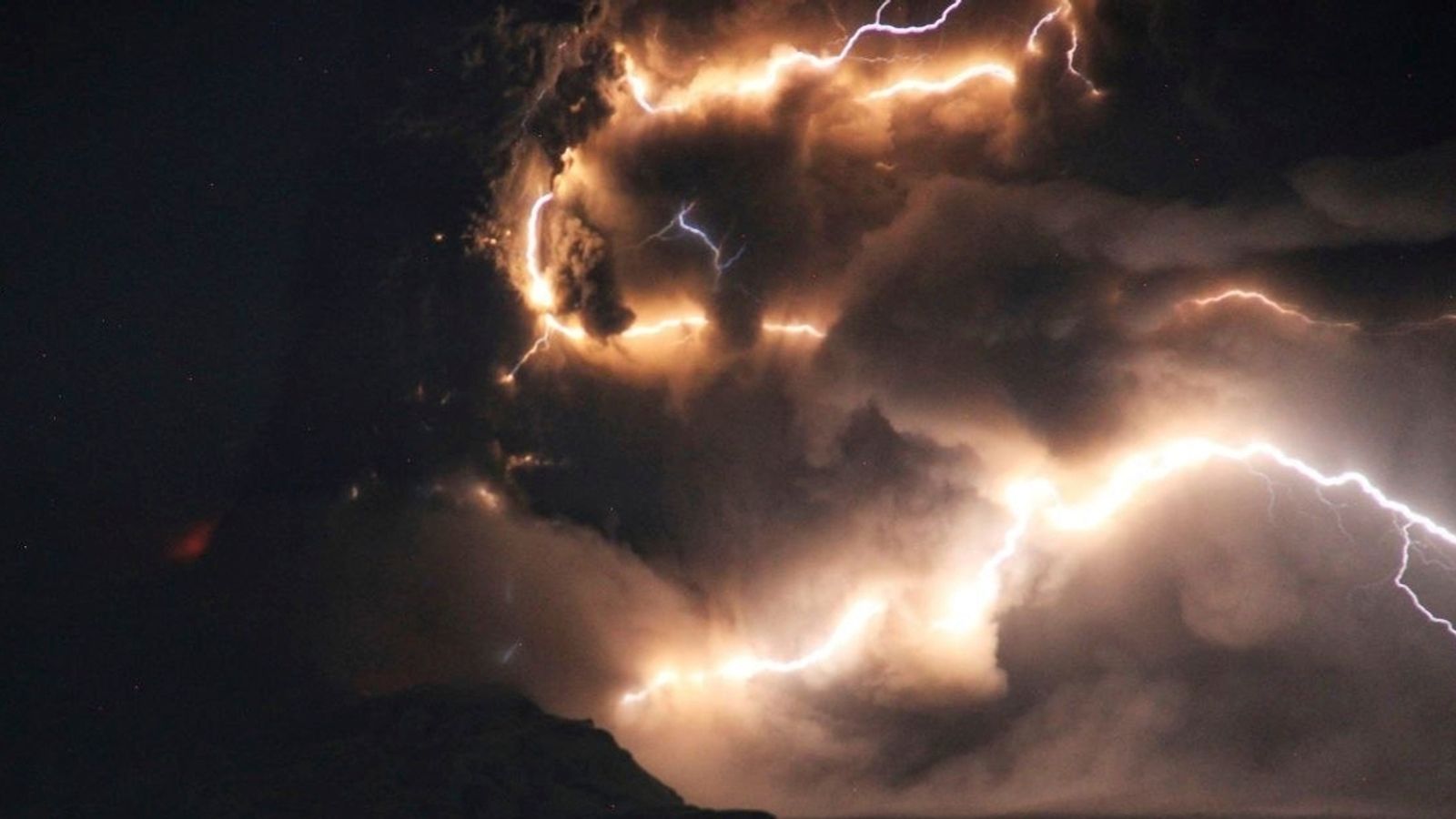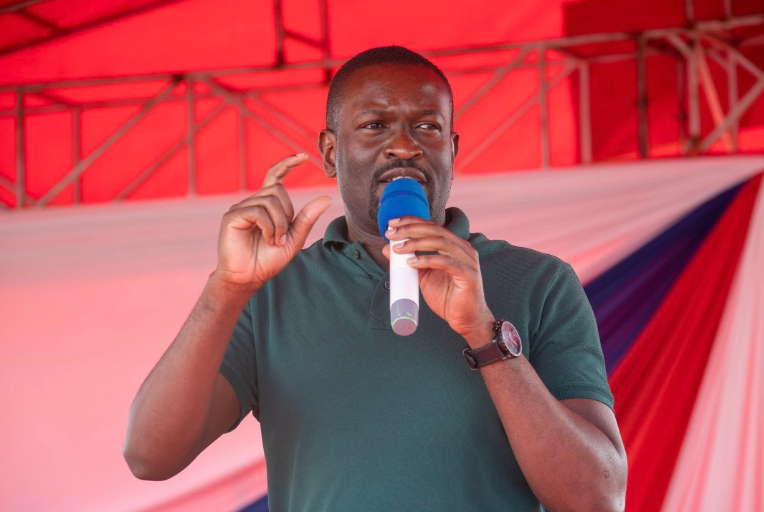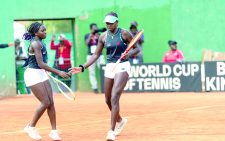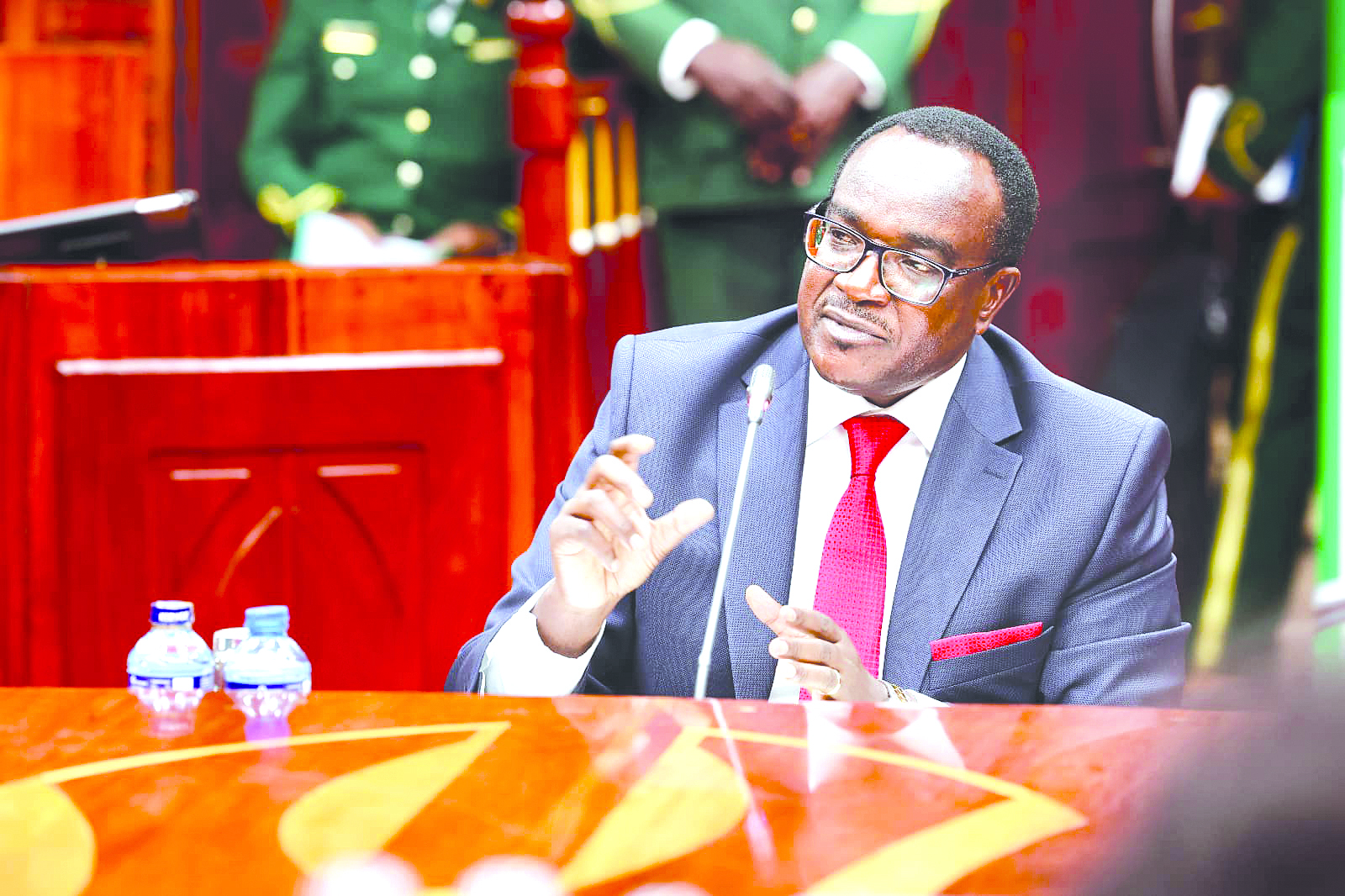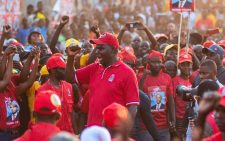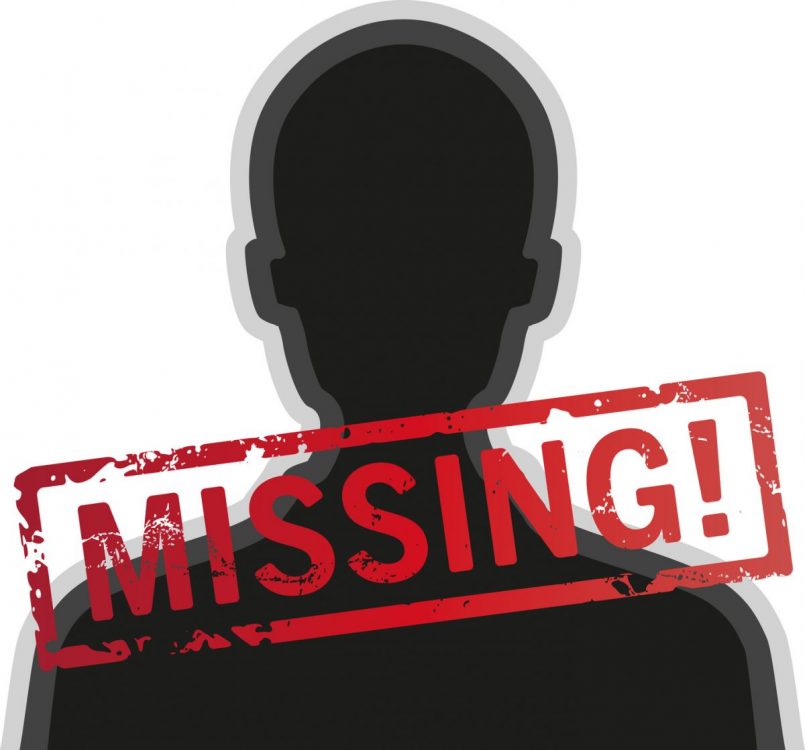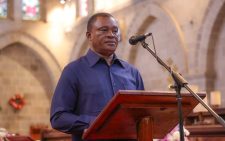UN body big flop in Russia-Ukraine crisis
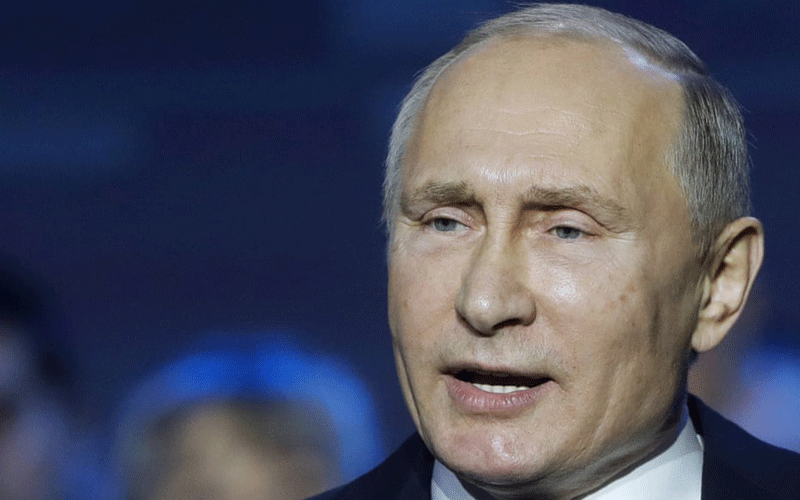
The United Nations Security Council (UNSC) meeting on the Ukraine-Russia crisis a couple of weeks ago was an anti-climax. While the body was expected to come up with a roadmap to peace in the ongoing war, it ended up creating more heat than shedding light on the way forward.
The UNSC comprises five permanent members: China, France, Russian Federation, the United Kingdom (UK) and the United States (US) and 10 non-permanent members elected for two-year terms by the General Assembly.
Inter alia, the UNSC’s mandate is to maintain international peace and security, investigate conflicts that have global ramifications and recommend resolutions, initiate military action against aggressors and advocate for economic sanctions instead of military action where appropriate.
However, the UNSC has not been as effective as would be expected, a fact that is evident from the increasing crises in the world today, and the persistence of problems that should have been resolved through proper and proactive negotiations and action. The UNSC has often acted as a fire brigade rather than a deterrence from embers turning into bonfires.
The body has also been accused of being a talking shop where issues are canvassed academically and left in abeyance until they reach a point of no return. This is also as a result of excessive bureaucracy and horse trading that hampers fairness, truth and lawfulness.
One controversial area that needs reform right now is the veto powers of the UNSC, which is the exclusive domain of the permanent members. Experts contend that the balance of power in the UNSC does not reflect the world’s current balance of power, with much of the latter falling on Western countries. In the current Russo-Ukraine crisis, for instance, it can naturally be assumed that a vote favourable to Russia can be vetoed by the three members from the West – France, UK and the US.
The UNSC is also accused of being a toothless bulldog, with the body unable to have an impact in separating combatants. For example, it failed to stop the escalation of the Russo-Ukraine conflict, with the two neighbors going into war at the height of the UNSC Emergency Meeting on Ukraine. This can only mean that one or both of the antagonists have lost confidence in the body’s impartiality due to the perception that, rightly or wrongly, it serves the interests of hegemonic parties.
Deliberate violence against civilians in war is a crime. No conscientious army would deliberately target innocent men, women and children. But the nature of war dictates that there will always be collateral damage. Non-combatants will inadvertently come into the cross hairs of the adversaries. Sometimes civilians are also used as human shields, which complicates the conflict.
The UN should not preside over a kangaroo court, which is the impression created so far as Western countries engage in Russo-bashing without the right of reply. Ukraine’s President Volodymyr Zelenskyy has milked the UN forums properly. It is also sad that the UN could indulge Zelenskyy’s proposal to arbitrarily remove Russia from the UNSC.
While Zelenskyy’s issues cannot not be dismissed in totality, his speeches sound like they are scripted by external forces in order to fit a one-sided narrative that affirms Russia’s complicity and achieve a preconceived decision.
That is why his speeches resonate with the gallery of a considerable number of members who declare his adversary guilty as charged. Equally, the speeches by the other participants are not balanced, objective or conciliatory.
Instead of waiting for opponents to bring their lopsided version of events to its meetings, the UNSC should roll up its sleeves and gather first hand or eye witness accounts of situations. In the Ukraine crisis, it must take this risk to save its credibility and gain validity of its decisions. Otherwise, in Zelenskyy’s words, it should dissolve itself!
— The writer comments on international affairs
